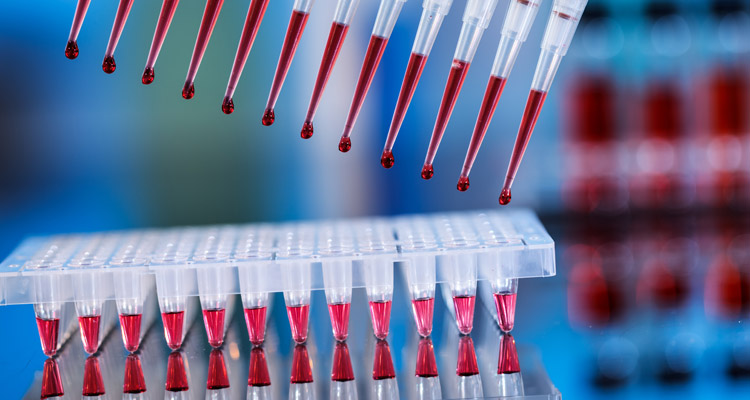Having just discussed some of the important approvals from 2017, we wanted to dive deeper into other therapeutic areas, and also cover new device and digital health approvals. Below, we recap other significant approvals from this year.
Moderate-to-severe eczema (atopic dermatitis)
First biologic medication approved for this skin condition that results in cracked, dry, itching or oozing skin. It follows several approvals for biologics for psoriasis and other psoriatic conditions in recent years.
Tardive dyskinesia
First drug approved to treat the abnormal, involuntary movements characteristic of tardive dyskinesia, a serious side effect sometimes seen in patients who have taken antipsychotic medications.
Maintenance treatment of asthma
Competitor to GlaxoSmithKline’s Advair, a blockbuster asthma drug, with the same active ingredient. Generic competition is still pending.
Rheumatoid arthritis, adult ulcerative colitis, plaque psoriasis, psoriatic arthritis, ankylosing spondylitis, and Crohn’s disease
Second biosimilar approved in the US to Janssen’s Remicade.
Batten disease
Enzyme replacement therapy for a pediatric neurologic disease that helps children retain the ability to crawl or walk.
Amyotrophic lateral sclerosis (ALS) (Lou Gehrig’s disease)
After a six month trial conducted only in Japan yielded positive results, the FDA approached the company for a US filing for the drug.
Amino acid deficiency resulting from sickle cell disease
Indicated to prevent sickle cell attacks. Approval thought to bode favorably for Global Blood Therapeutics’ GBT-440, currently in Phase III study.
Hepatitis C
First drug combination approved to treat all genotypes of the hepatitis C virus.
Relapsed acute lymphoblastic lymphoma
First CAR-T product approved.
Rheumatoid arthritis, plaque psoriasis, psoriatic arthritis, ankylosing spondylitis, Crohn’s disease and ulcerative colitis
Second biosimilar to AbbVie’s popular Humira approved in the US. Launch date is unknown due to patent disputes.
Metastatic colorectal cancer, non-squamous non-small cell lung cancer, glioblastoma, metastatic renal cell carcinoma, and cervical cancer
First biosimilar to Genentech’s Avastin. Not approved in three indications still protected by orphan exclusivity – ovarian, fallopian tube, and primary peritoneal cancers. Commercial launch not expected before 2019.
Blood glucose monitoring
First continuous glucose monitoring system that does not require blood sample calibration.
Relapsing-remitting multiple sclerosis
Generic to Teva’s best selling Copaxone. While not a true biosimilar, Copaxone is a complex biologic drug to manufacture.
Relapsed or refractory diffuse large-B cell lymphoma
Second CAR-T approval in the US.
Hepatitis B vaccine
Two dose vaccine Toll-Like Receptor 9 agonist that increases immune response. Existing vaccines are three doses.
Bipolar disorder, major depressive disorder, and schizophrenia
Drug contains a sensor to track ingestion. When the sensor comes in contact with a patient’s stomach acid, a signal goes to a patch worn by the patient as a way to measure adherence.
HIV
First two-drug combination to treat HIV, compared to conventional three drug combinations.
Opioid use disorder
First once-monthly injection of buprenorphine, compared to daily doses or weekly patches.
Certain breast or metastatic stomach cancers
First biosimilar to Herceptin. Launch date unknown.
RPE65 mutation-associated retinal dystrophy
First US gene therapy approval.










